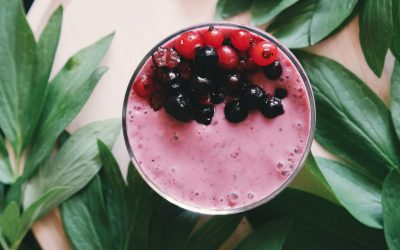Blog
3. Get Enough Sleep
With many of us not required to be at the office by 9 am, our night-time routines have slackened and we may not be getting adequate amounts of sleep. Studies show that insufficient sleep increases the likelihood of feelings of depression, hopelessness, restlessness...
4. Be careful with coffee consumption
Coffee often gets demonised by mainstream media and health bloggers, however, it also has many offers many benefits. In fact, 2 cups of coffee per day (24oz) is associated with a reduced risk of cancer and all-cause mortality. Despite these health benefits, the dose...
5. Take a bath
I'm not very good at meditation and mindfulness exercises. When I'm at my most anxious this is also the time I resist doing these things the most. Yet I'm well aware of the role of mindfulness in reducing symptoms of anxiety and depression. Taking a bath is my...
6. Learn how to meditate
According to over 47 peer-reviewed studies meditation can help reduce anxiety, depression and pain, and thanks to smartphones there are now hundreds of apps to guide us through the process. My favourite meditation apps all free to download on both Apple or Android...
7. Alone time
Actively engaging in alone time gives you the opportunity to think through decisions and reflect. During this period of self-isolation, many of us are suddenly living on top of each other. Kids are permanently home from school, many parents are working from home,...
8. Tame That Sweet Tooth
A diet high in sugars has been linked to cognitive impairments, negative neuroplasticity and emotional disorders such as anxiety and depression. When we're stressed it can be easy to reach for comfort foods like chocolate, ice-cream and cake. It temporarily makes us...
Wild Berry Smoothie Recipe
I love starting the morning with a smoothie. It's quick. If I'm in a hurry I can take it with me and be that hipster drinking out of a mason jar on the train. If I'm not hungry and can sip on it slowly over a few hours, which is much better than suddenly crashing at...

















